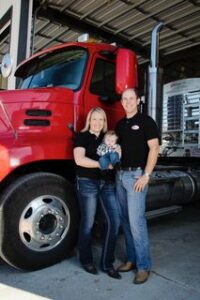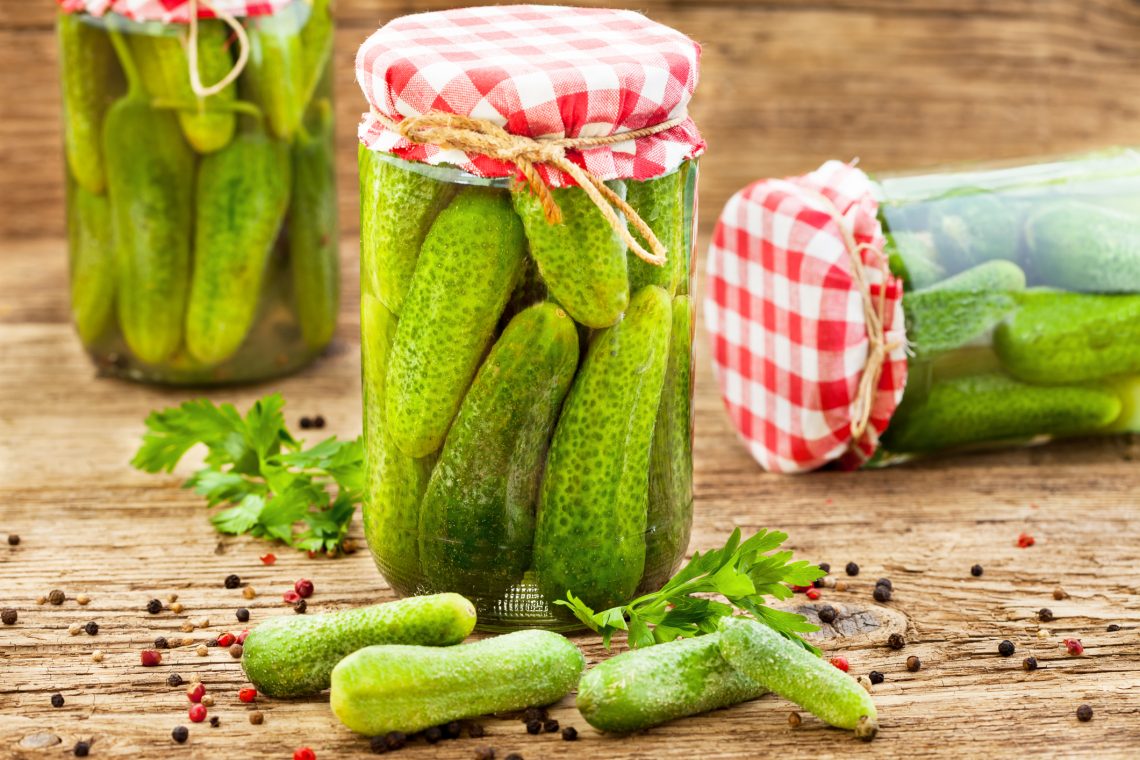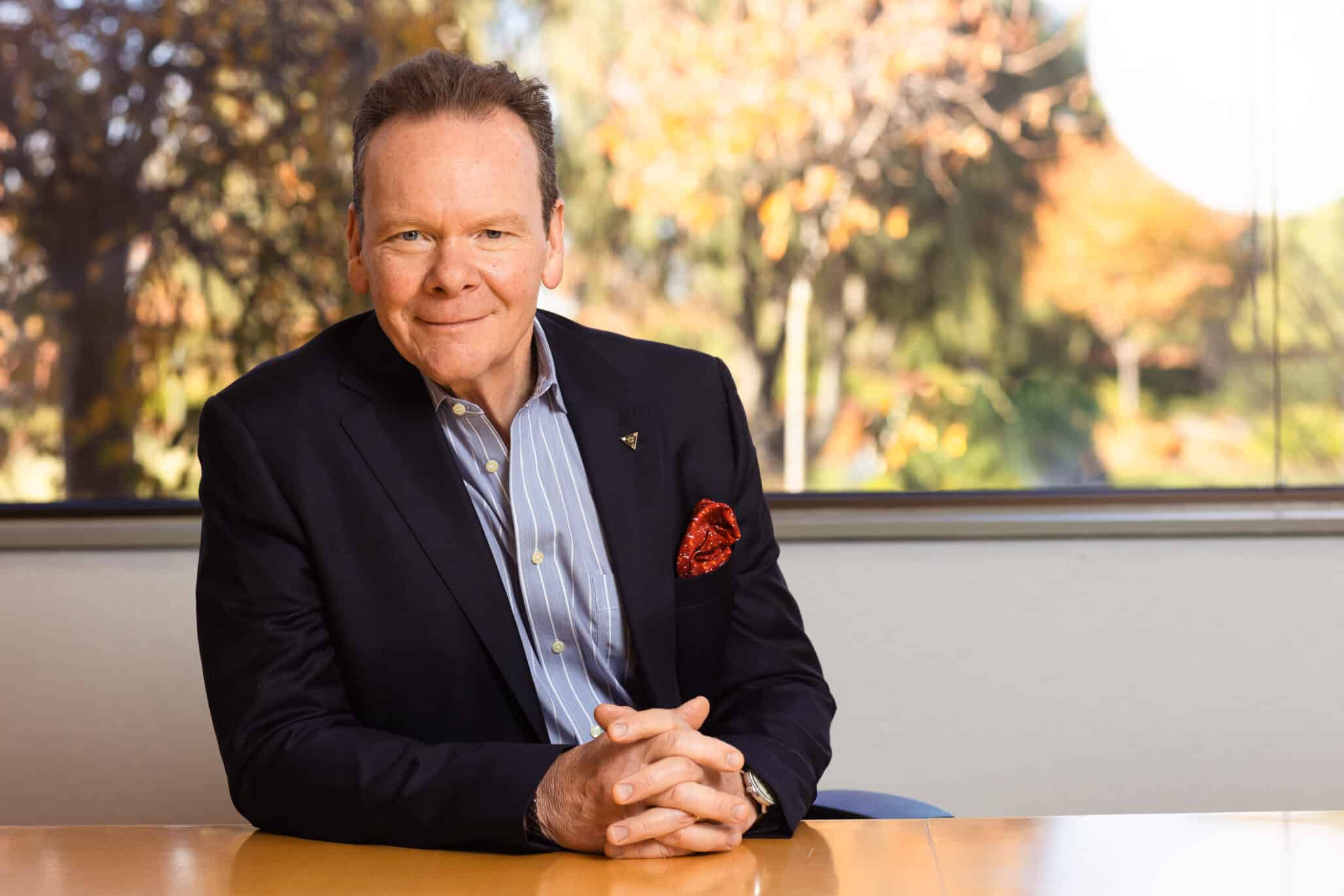Growing vegetables is a way to grow a more highly managed, higher value crop for Schafer Farms

Seed World: How did you get your start in farming, and what directed you to vegetable production?
Matt Schafer:I grew up on a family run grain and beef production operation, so I’ve been involved in farming ever since I was able to start riding in a tractor with dad. Our area has quite a few irrigated acres, many of which are used for specialty crop production. Seed corn is the predominant specialty crop, but the vegetable operations saw our area as a good fit for the years our fields were rotating out of seed production. We saw growing vegetables as a way to grow a more highly managed, higher value crop that could better utilize our ability to irrigate. We’ve grown green beans and cucumbers on our own operation. Tomatoes and onions are other vegetable crops grown in our area.
SW: What do you think is the biggest misconception about vegetable production?
MS: I believe that there is a misconception among consumers that they need to look for organic products to feel assured that they’re buying safe products. While I fully support market choices, I try to reassure people I talk to that the food they’re buying that was produced using more mainstream production practices is safe and nutritious.
SW: What is the greatest challenge facing vegetable producers?
MS: I polled a local tomato producer and our cucumber field man before answering this question.
The answer to this is going to vary from crop to crop, and is even different if you’re looking at vegetables for processing vs. fresh market products. As is the case for most farms, weather is often the biggest production challenge, but an even bigger issue is filling labor needs. Depending on the vegetable crop, seasonal labor needs vary from equipment operators to more manual labor, but it’s absolutely necessary to have a dependable labor force to get crops planted and harvested in a timely fashion, and it’s getting more difficult all the time to find people to fill those positions. Meeting food safety regulations, while important, can also be burdensome and is a big point of emphasis.
SW: What are three goals you have for 2018?
MS: 1. We would like to grow our production base acres.
2. We would like to identify and hire an additional member for our management team.
3. As a multigenerational operation, we would like to continue to transfer decision-making responsibility to the third generation.
SW: Are there any special considerations or challenges associated with growing cucumbers for pickles that other vegetable farmers don’t encounter?
MS: All vegetables are highly perishable when compared to traditional grain production, but I feel that is even more pronounced in cucumber production. They can go from too small to maximize yield to too big for the processors in a day or two. Cucumbers also utilize bees to aid in their pollination, so environmental factors that affect bees have an impact on us.
SW: What is your hobby?
MS: What’s a hobby… It’s kind of intertwined with our farming operation so I don’t know if it counts, but my cows are kind of my hobby, albeit one that makes it kind of tough to get away for a vacation. My wife and I have two young boys at home and they keep us plenty busy.











